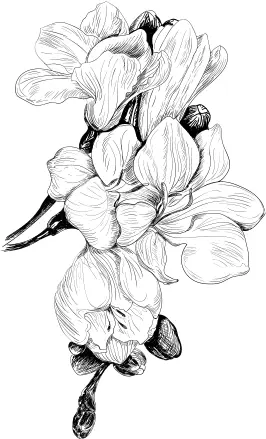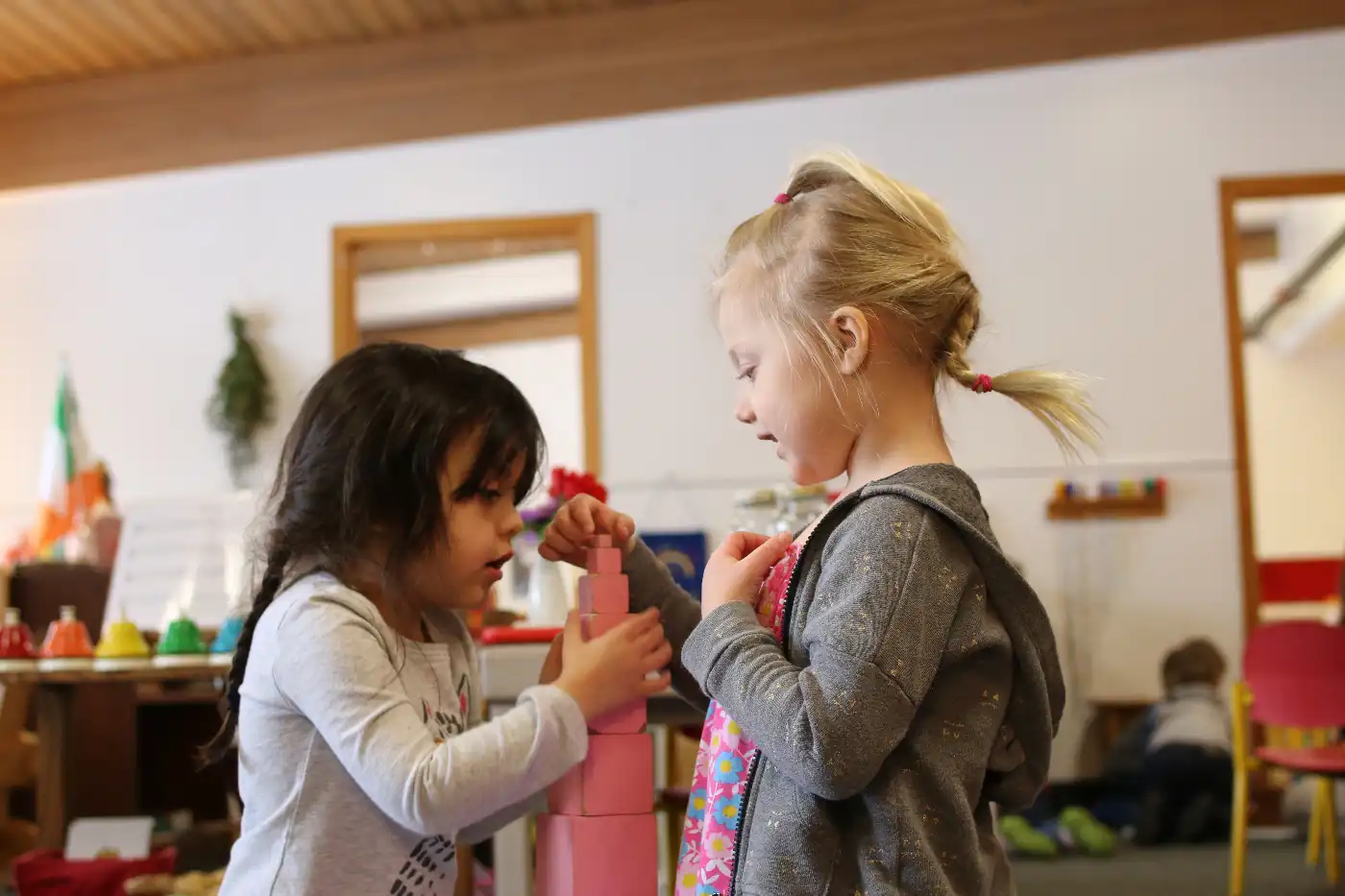Montessori
According to Dr. Montessori...“A child’s work is to create the person she/he will become.” Children are born with special mental powers which aid in the work of their own construction. But they cannot accomplish the task of self-construction without purposeful movement, exploration, and discovery of their environment – both the things and people within it. They must be given the freedom to use their inborn powers to develop physically, intellectually, and spiritually.
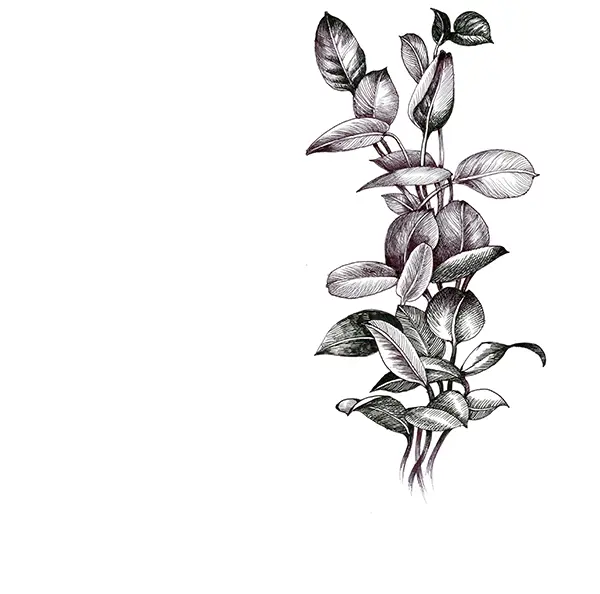
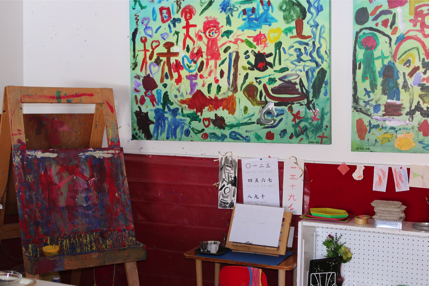
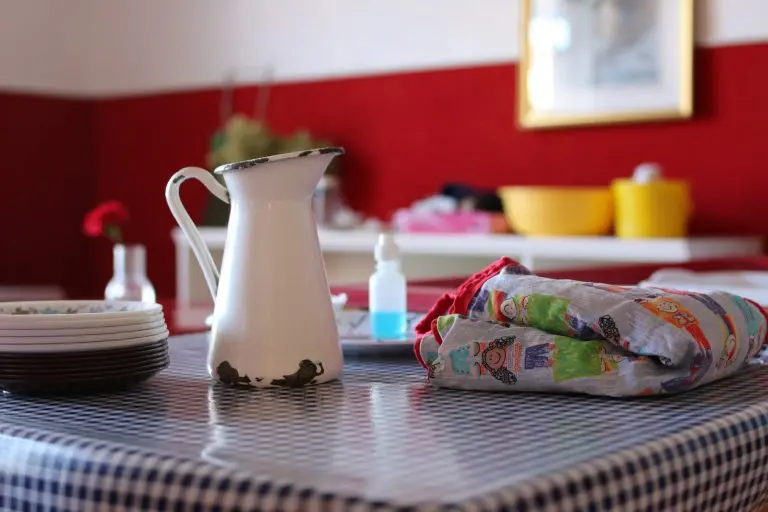

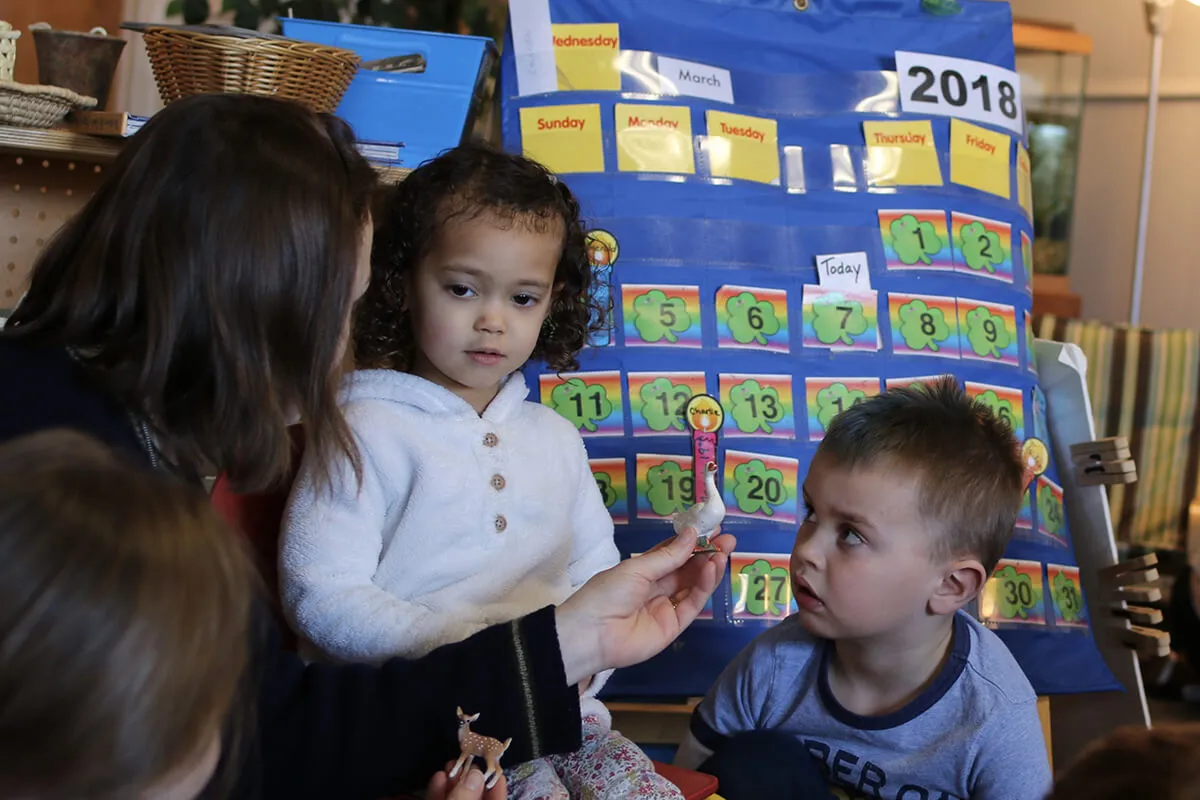
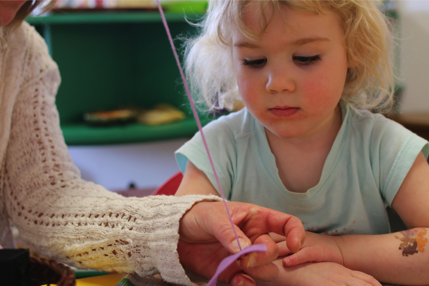
Your child will receive instruction from highly qualified, professionally trained teachers that are all trained in the principles and pedagogy of Montessori education. Our owner holds a Master's Degree in Montessori education. We ensure your child gets the expertise they need to grow not only academically but individually as a contributing member of our global community.
Areas of Discovery
“Free the child’s potential and you will transform him or her into the world.” -Dr. Maria MontessoriReferring to her classroom setting for the young child as a ‘prepared environment’, Dr. Montessori emphasized the importance of the beauty and order of the physical surroundings in assisting normal development. The ordered availability of these various materials is essential. Dr. Montessori called her materials ‘didactic’ or ‘teaching’ materials, since she wanted to emphasize that the materials themselves were designed to do the teaching. The teacher acts as a guide to the use of the materials in the environment, rather than a giver of facts. The teacher’s function in the classroom hinges on the ability to observe the children accurately.
Sensorial
The sensorial materials are designed to give a sensorial impression of the world already experienced by the child.
geography
Geography is the study of the life of humans and animals, the way they live, and the way of life that has been established by a human society to sustain life.
language
The Montessori environment provides the child with ample opportunities to explore and deepen his/her spoken language through whole language and phonetics.
Science
Science is an integral element of discovery. Among other things, it represents a way of life: a clear thinking approach to gathering information and problem solving.
Practical
The Exercises of Practical Life are just that — purposeful activities of everyday living.
Mathematics
Mathematics is made tangible for the child through the senses and movement.
music
The children learn songs of all kinds, including those song in Spanish and other languages.
art
Opportunities for art are always a part of the classroom environment focusing on mastery of mediums such as drawing, stamping, gluing, cutting, painting, etc.
